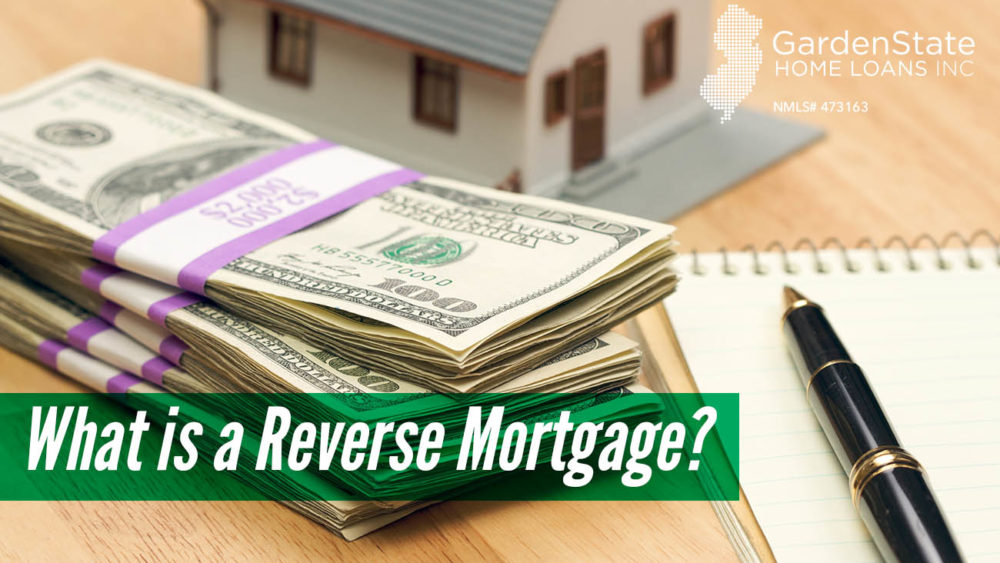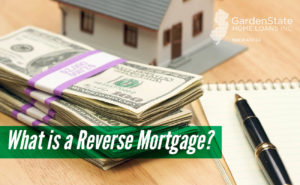What is a reverse mortgage?
A reverse mortgage is a mortgage loan for senior citizens which requires no monthly payments. However, borrowers are still required to pay property taxes, insurance, and maintain the house. The loan does not become due as long as you use the house as your primary residence and continue to meet all the obligations. Reverse mortgage loans can be used to pay for bills such as medications, home renovations or other daily living expenses. Senior homeowners who currently have a mortgage can even use the reverse mortgage to pay off their existing mortgage and eliminate monthly payment.
The eligibility of reverse mortgage
The Home Equity Conversion Mortgage, or HECM, is a reverse mortgage program insured by the FHA. To be eligible for a new reverse mortgage loan, borrowers must be at least 62 years of age or older and the house must be their primary residence. Borrowers should also meet all the financial eligibility criteria established by HUD.
Interest rates
The HECM reverse mortgage offers adjustable and fixed interest rates. The adjustable-rate program typically has interest rates which can change on a monthly or yearly basis within certain limits. The interest rate in a fixed-rate program is usually higher at the start of the loan than an adjustable one.
What home types qualify for reverse mortgages
Most single-family houses, townhouses, approved condominiums and manufactured homes are eligible for a reverse mortgage loan. However, they must meet FHA minimum property standards.
Inheritance
When your reverse mortgage becomes due, your heirs will repay the lenders, or they can choose to sell the property. If the home sells for more than the balance of the reverse mortgage loan, the remaining home equity will pass to the heirs.



Comments are closed.